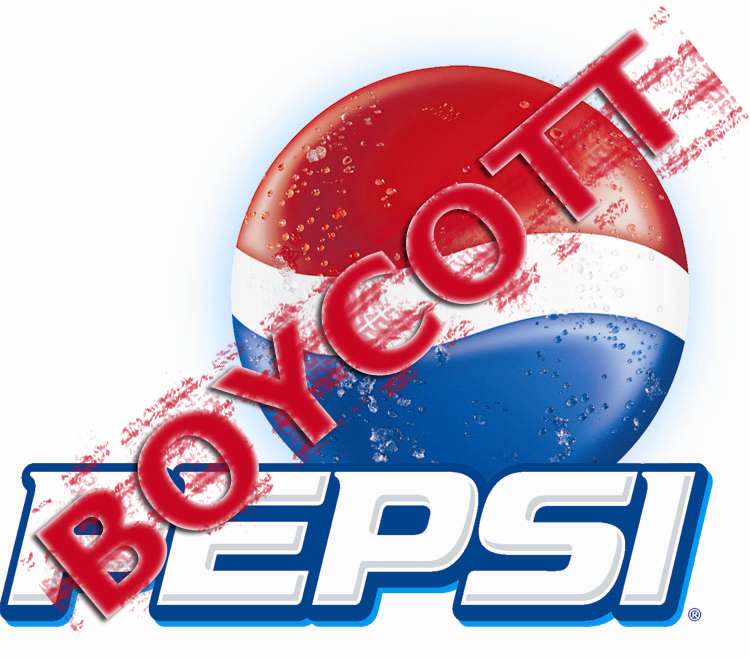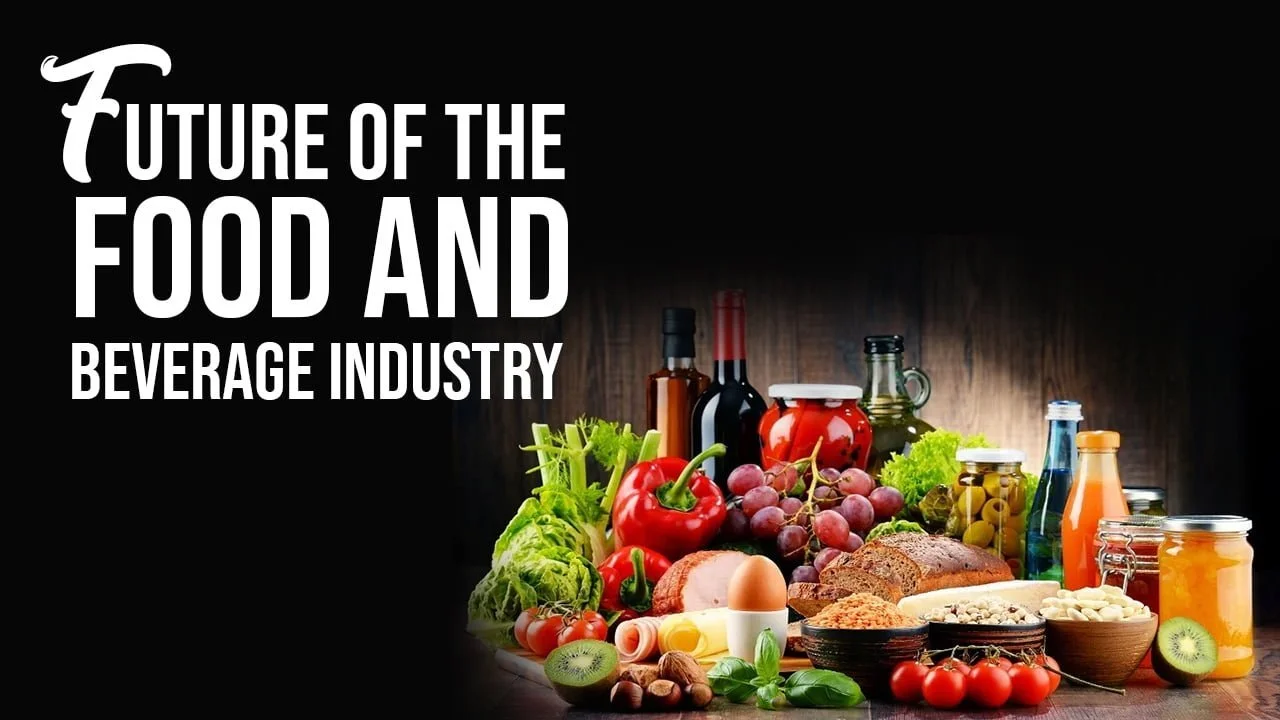Carrefour Joins PepsiCo Boycott in Poland Amid Pricing Dispute
The Ongoing Battle Over Pricing Extends to a Fifth Country
Introduction: Carrefour, the global retail giant, has taken a stand against PepsiCo in Poland, marking the fifth country to become embroiled in a dispute over product pricing. The campaign began in France on January 4th and has since gained momentum, with Carrefour stores in Spain, Italy, and Belgium also joining the boycott. The core issue revolves around what Carrefour considers an “unacceptable price increase” by PepsiCo, prompting the retail giant to halt the sale of the beverage company’s products in its outlets.
PepsiCo’s Response: PepsiCo, responding to the ongoing controversy, expressed its willingness to engage in discussions with Carrefour. A spokesperson for the company stated, “We’ve been in discussion with Carrefour for many months, and we will continue to engage in good faith to try to ensure that our products are available.”
Carrefour Poland’s Statement: In an official statement, Carrefour Poland highlighted the breakdown of price negotiations between Carrefour and PepsiCo. These negotiations aimed to lower the prices of PepsiCo’s products for consumers. As a result, Carrefour Polska announced its decision to limit cooperation with PepsiCo as a supplier within the domestic market.
Product Range Affected: Reports emerging from Poland suggest that the boycott extends beyond just beverages to encompass other PepsiCo products, including popular items such as Quaker Oats.
PepsiCo’s European Dominance: Europe holds a significant position in PepsiCo’s global revenue structure. It serves as the company’s largest geographical market, featuring well-known brands like Lay’s, Doritos, 7Up, and Pepsi beverages. In the 2022 fiscal year, Europe contributed a substantial $12.7 billion in revenue out of PepsiCo’s total global revenue of $86.3 billion, with a balanced revenue split of 50-50 between beverages and “convenient foods.”
Short-Term Impact: While the boycott’s impact remains uncertain, it is worth noting that PepsiCo’s 2023 financial year concluded on December 30th. Consequently, any consequences on the company’s sales are unlikely to be felt until at least the first quarter of the new year.
E. Leclerc’s Stance in France: In France, another major supermarket giant, E. Leclerc, has also taken a stand to pressurize food and beverage manufacturers into reducing prices. President Michel-Edouard Leclerc voiced his frustration with inflation and called upon suppliers to lower their prices. Price negotiations with retailers are scheduled to conclude on January 31st, and unlike Carrefour, E. Leclerc has indicated that it will continue to stock PepsiCo products.
Changing Inflation Trends in Poland and France: In both Poland and France, food price inflation has consistently exceeded overall economic inflation. However, recent statistics suggest a potential shift in this trend. In Poland, prices of food and soft drinks rose at an annualized rate of 5.9% in December, down from 6.9% and 7.6% in the previous two months. Overall consumer price inflation also eased to 6.1%, compared to 6.6% in November. Conversely, on a month-on-month basis, food and non-alcoholic beverage prices saw a modest increase of 0.2%.
In France, the national statistics body, Insee, reported that food prices likely rose at an annualized rate of 7.1% in December, a slight decrease from 7.7% in November. These figures reflect ongoing efforts to address rising inflation in food prices.



